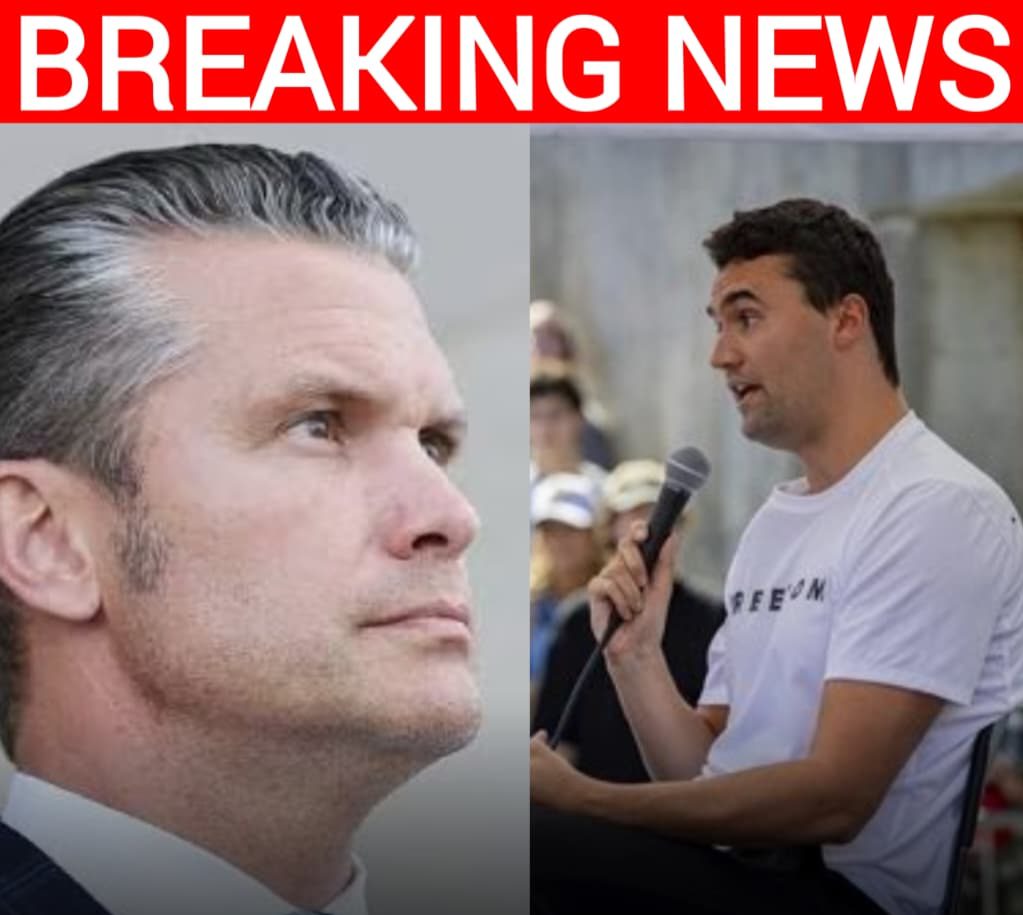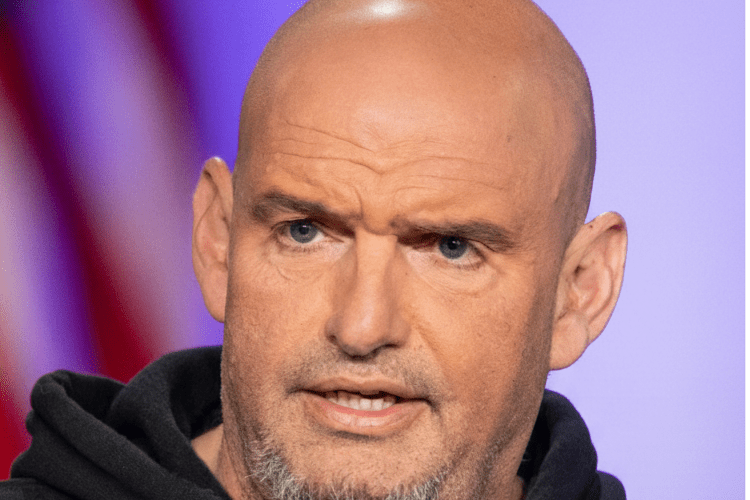Secretary of War Pete Hegseth Orders Search for Pentagon Staff Who Mocked or Celebrated Charlie Kirk’s Killing
When news broke that Secretary of War Pete Hegseth had ordered staff to track down anyone inside the Pentagon who mocked or celebrated the killing of Charlie Kirk, it sent shockwaves across Washington and beyond. According to NBC, Hegseth made it clear he didn’t care what rank or position someone held—if they were found to have made light of Kirk’s death, they would be punished. In his words, this was not negotiable. For many Americans who have been following the fallout of Kirk’s tragic death, this moment felt like a rare show of accountability inside a government culture that often avoids it.

Charlie Kirk’s death has already been a lightning rod for national debate. Supporters mourn the loss of a man they saw as outspoken, unafraid, and influential. Even those who disagreed with his politics have recognized the disturbing nature of celebrating such a violent event. That’s what makes Hegseth’s order resonate so strongly with people. The idea that individuals working at the highest levels of America’s defense establishment could be caught joking about or cheering a killing is deeply unsettling. For a figure like Hegseth to step in and say “enough” shows how serious the moment has become.
The language Hegseth used is striking because it leaves no room for interpretation. He wasn’t talking about internal discipline behind closed doors or quiet warnings to staff. He was calling for consequences that would be visible and firm. “I don’t care what their rank is,” he reportedly said, demanding that every single one of them be fired. That tone reflects both anger and a determination to set an example. In a place like the Pentagon, where hierarchy and protocol usually guide every decision, this kind of blunt statement sends a message: disrespecting life, mocking tragedy, and celebrating violence have no place in the U.S. military system.

The Pentagon itself has long prided itself on discipline, structure, and professionalism. Its reputation depends on the idea that those who serve within its walls understand the weight of their roles and the responsibility they carry. To hear that some staff members might have crossed this line, even in private, damages that image. It shakes the public’s trust. For families who send their sons and daughters into military service, it raises questions about the culture inside one of the nation’s most powerful institutions. Hegseth’s response was designed to reassure those families and the wider public that he won’t tolerate such behavior.
Of course, this decision will spark debate. Some will argue that even distasteful jokes fall under free speech, and that punishing individuals for words could set a dangerous precedent. But others will point out that the Pentagon is not an ordinary workplace. Those who serve there are entrusted with national security, military planning, and the lives of service members. Their conduct, both professional and personal, reflects directly on the institution and the values it represents. In that context, laughing about or celebrating the killing of a public figure is not just inappropriate—it’s unacceptable.
For the families mourning Charlie Kirk, this move may not erase the pain of loss, but it does offer a small measure of justice. It shows that at least some leaders are willing to stand up and say there are lines that cannot be crossed. Words matter, actions matter, and the culture inside the Pentagon matters. If Hegseth follows through, this could mark a turning point, not just in how the Pentagon handles internal discipline but in how seriously leaders take the broader issue of accountability in government.
What happens next will be closely watched. NBC’s report has already drawn attention across the country, and every step from here on will be scrutinized. If staff are identified and disciplined, it could reshape the culture within the Pentagon, sending a message that disrespectful behavior will not be hidden away. If, however, this order fades quietly without results, it will be remembered as just another strong statement that never led to real change.
For now, though, Hegseth’s words stand as a powerful reminder of the weight of leadership. He drew a line in the sand, and he did it in the name of respect, dignity, and accountability. In a time when so many people are questioning the direction of the country, that kind of clear and unapologetic stand carries a weight that cannot be ignored. The killing of Charlie Kirk was a tragedy. The mocking of his death by those inside government was a disgrace. And Pete Hegseth’s response may be remembered as one of the strongest reactions yet to both.



